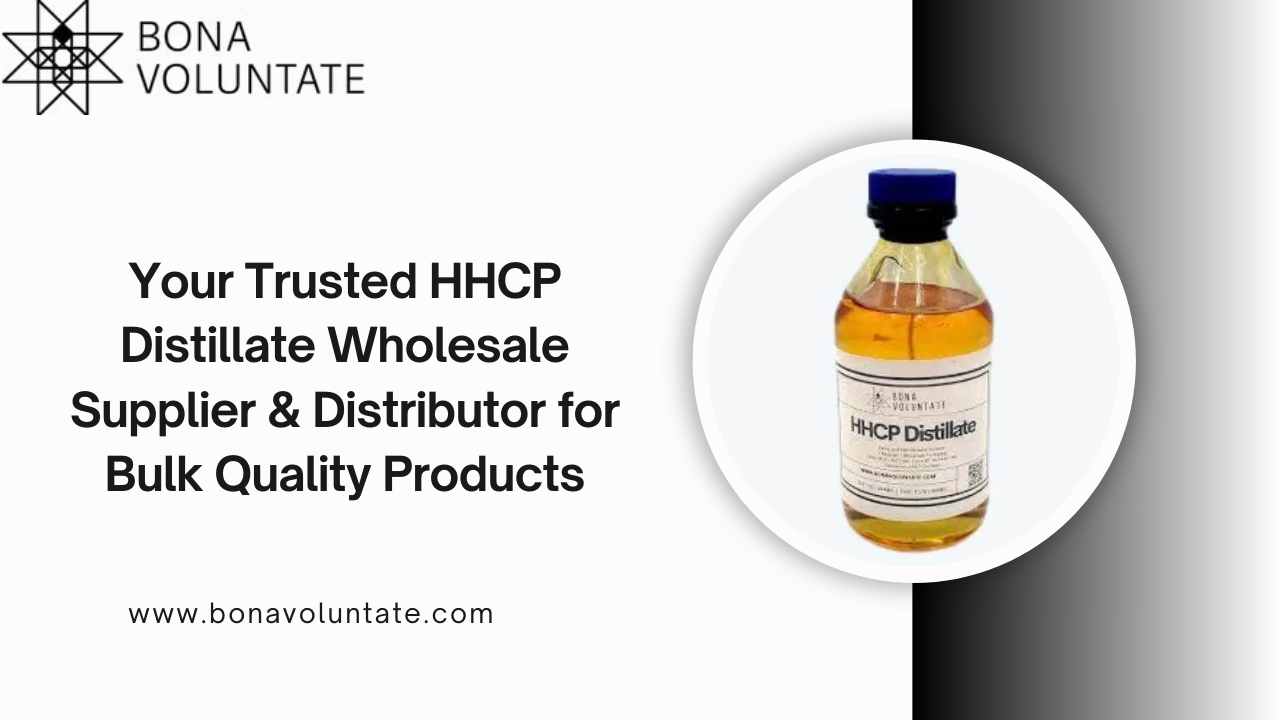Website speed is one of the most important factors in today’s digital world. A slow-loading site can drive away visitors, hurt your search engine rankings, and negatively impact your conversion rates. According to Google, a one-second delay in page load time can reduce conversions by up to 20%. Whether you’re running a blog, an eCommerce store, or a corporate site, improving your website’s speed should be a top priority.
Here are some proven tips to help you speed up your website and provide a faster, smoother experience for your users.
1. Choose a High-Performance Hosting Provider
Your hosting service plays a crucial role in your website’s speed. Shared hosting might be cheap, but it can be slow and unreliable. For faster performance, consider:
- Managed WordPress Hosting: Optimized specifically for WordPress websites.
- Cloud Hosting: Offers scalability and better speed.
- VPS or Dedicated Hosting: Ideal for high-traffic websites needing maximum performance.
2. Use a Lightweight Theme
Heavy themes with excessive features and bulky code can slow down your site. Choose a theme that’s built for speed and performance. Look for:
- Minimal design
- Clean, well-structured code
- Mobile responsiveness
- Regular updates
Themes like GeneratePress, Astra, and Neve are popular for their speed-optimized frameworks.
3. Optimize Images
Large images are among the biggest culprits of slow-loading pages. You can significantly reduce load times by compressing and resizing images without sacrificing quality.
Tips:
- Use tools like TinyPNG or ShortPixel.
- Choose appropriate formats (e.g., WebP for faster performance).
- Use lazy loading to delay offscreen image loading until they are needed.
4. Minify CSS, JavaScript, and HTML
Minifying your website’s code helps reduce file sizes and speed up loading times. It removes unnecessary characters like spaces, comments, and line breaks.
You can use plugins or online tools to automate this, including:
- Autoptimize
- WP Rocket
- Fast Velocity Minify
5. Implement Caching
Caching stores a static version of your site so it can be delivered quickly to repeat visitors. There are different types of caching:
- Page Caching: Saves full HTML pages.
- Browser Caching: Stores resources in users’ browsers.
- Object Caching: Useful for dynamic database queries.
A good caching plugin can make a big difference. You’ll find some powerful options in this list of the 7 Best WordPress plugins to help improve site speed, security, and functionality.
6. Use a Content Delivery Network (CDN)
A CDN distributes your website’s static files across a network of servers around the globe. When a user accesses your site, files are loaded from the server closest to their location, improving load times.
Popular CDNs include:
- Cloudflare
- StackPath
- BunnyCDN
7. Reduce HTTP Requests
Every element on your webpage—images, scripts, stylesheets—makes an HTTP request. Reducing the number of these requests speeds up your site.
How to reduce requests:
- Combine CSS and JS files where possible.
- Use CSS sprites for icons.
- Eliminate unnecessary plugins or scripts.
8. Disable Unused Plugins and Scripts
Every active plugin adds to the resources being used. Review your plugins regularly and deactivate or delete any that are not essential. Additionally, use script management plugins like Asset CleanUp or Perfmatters to load scripts only on specific pages.
9. Enable GZIP Compression
GZIP compression reduces the size of your HTML, CSS, and JavaScript files. Most modern servers support it, and it can cut your website size by up to 70%, leading to faster load times.
10. Monitor and Analyze Performance
Use tools like:
- Google PageSpeed Insights
- GTmetrix
- Pingdom Tools
These platforms provide insights into what’s slowing down your site and offer suggestions to fix them.
Final Thoughts
Speeding up your website isn’t just a technical task—it’s a business strategy. A faster website improves user experience, increases engagement, and boosts SEO rankings. From optimizing images and choosing the right plugins to implementing caching and CDNs, the tips above can drastically improve your site’s performance.
Take the time to analyze your site, implement these changes, and check out helpful tools from the 7 Best WordPress plugins to make your optimization process easier and more effective.



